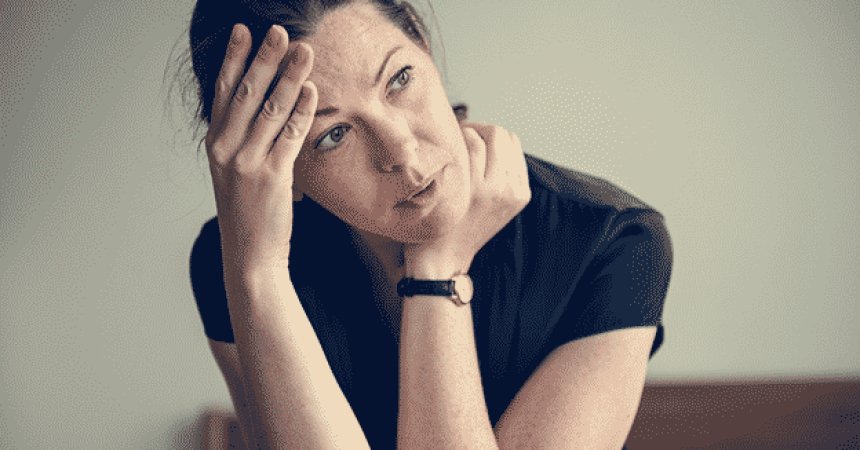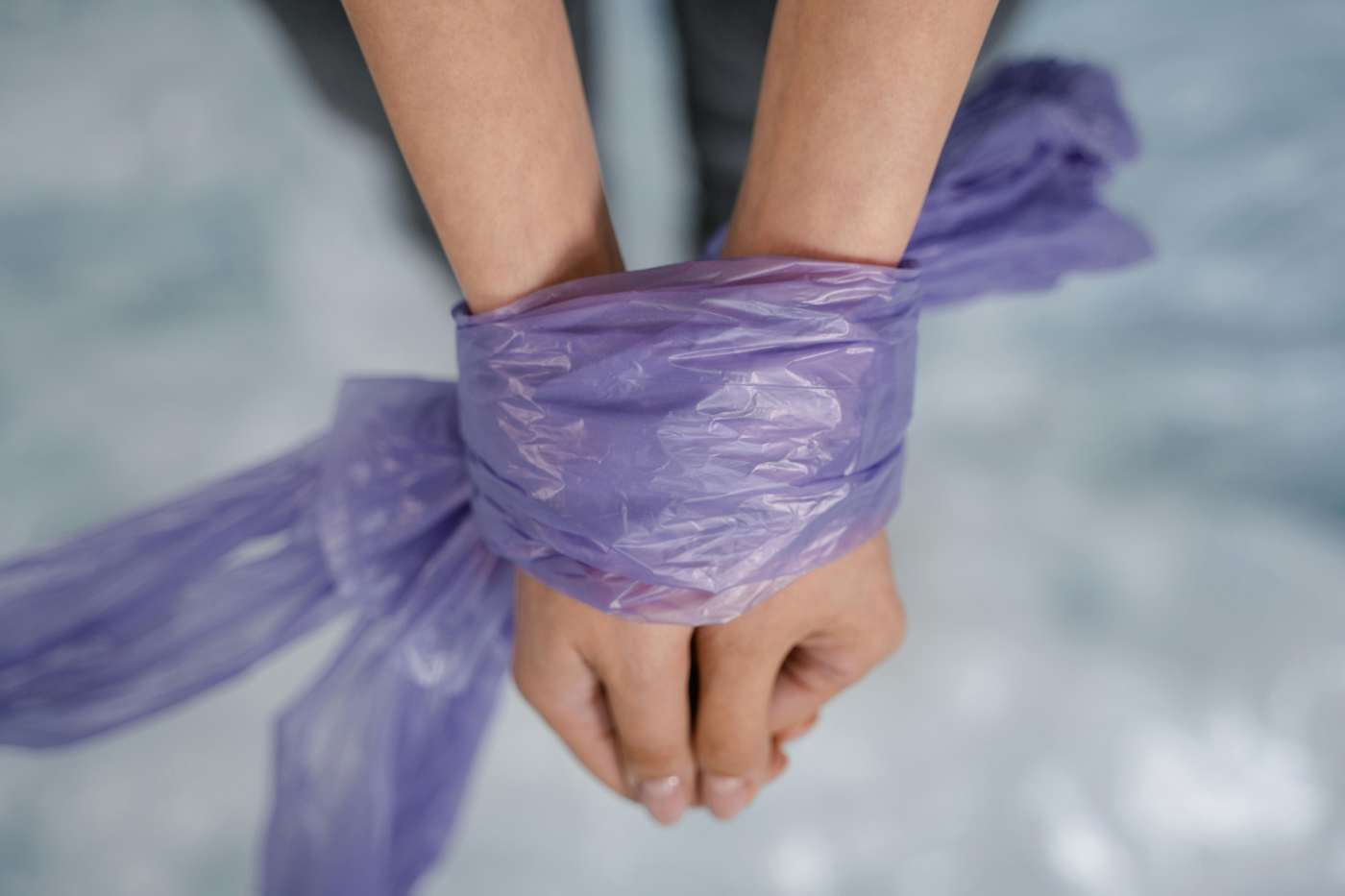Heroin is a highly addictive and dangerous drug. One of the first steps towards recovery for someone who is addicted to heroin is finding a treatment center that will help them through recovery. Some treatment centers will have programs specifically for heroin addiction. Heroin addiction is different than other substance abuse problems because the substance is highly addictive.
About Heroin Addiction
Heroin is an opiate that is synthesized from morphine, which comes from the Asian poppy plant. It can be snorted or smoked, but most people inject heroin because it gives them more of a high. The major risks of heroin use include miscarriages, heart infections, HIV, AIDS, Hepatitis C, and death. A person who is addicted to heroin might have muscle or bone pain, get chills, throw up, be unable to sleep, and feel nervous and itchy. Heroin use has been trending upward in the United States. According to the CDC, “Heroin-involved overdose deaths have increased by nearly 5 times since 2010.” Since heroin is a highly addictive opiate, it is likely for a heroin user to overdose.
Overdosing can lead to shallow breathing, coma, and death. Heroin users often abuse one or more substances. Often heroin is used alongside alcohol, which increases a person’s risk of death. If a heroin user becomes physically dependent on the drug and he or she stops using it suddenly, the person may experience withdrawal symptoms such as diarrhea and vomiting. When heroin enters a person’s brain, it attaches to the brain’s opioid receptors, which are present all over the body but are especially present in the parts of the body that regulate the perception of pain and pleasure as well as breathing regulations in a person’s body. Regular use of heroin can lead to a tolerance of the drug, which often causes overdose.
Detox Treatments
Treating heroin addiction requires both pharmaceutical and behavioral treatment through detox and therapy. The goal of heroin treatment is to restore a person’s functions and behaviors. Treatment can also increase a person’s chance of employment and decrease the person’s risk of getting HIV. During the detox phase, medication is often used to help alleviate withdrawal symptoms. Methadone, Buprenorphine, and Naltrexone are opioid agonists that negate some of the withdrawal symptoms from heroin without being addictive.
Methadone has been used since the 1960s. It is taken orally and is slow-acting, meaning that it takes a while for it to reach the person’s brain, which reduces his or her “high.” Buprenorphine is also a drug that is taken orally. It relieves a person’s cravings for heroin without producing a high or any other dangerous side effects. In 2002, Buprenorphine was approved by the FDA to be prescribed by physicians. Because of this, Buprenorphine is more affordable than other detox drugs.
Naltrexone is also used often and is usually injected into the patient about once a month to block the actions of the opioids. This is designed to help the patient avoid becoming addicted, sedated, or having a physical dependence on the drug. Behavioral therapies are also included as a part of treatment. Patients can learnto modify their drug-related behaviors and develop coping skills for various life stressors.
Being surrounded by a community that understands the struggle of addiction is important for a person in recovery to successfully maintain his or her sobriety. Most people who are successful in recovery accredit their peers for helping them along the way. Group therapy is also strongly recommended along with CBT, or cognitive-behavioral therapy. In therapy, individuals can learn how to recognize specific triggers that cause them to use heroin and learn healthier ways to cope with life’s stressors.
Heroin Aftercare Programs
Rehab treatment centers, detox, and therapy are only the beginning of a person’s addiction recovery journey. Once detox treatment is complete, it is important that a person struggling with addiction continues treatment through an aftercare program, support group, or continued therapy. Aftercare programs are designed to help those struggling with addiction to take the tools that they learned during the detox program and apply them to their everyday life.
Learning to cope with cravings and triggers is a continuous struggle that individuals in recovery have to deal with, but aftercare programs can give people the tools and resources they need to deal with these symptoms. Aftercare programs can help a person with finding a job, as well as managing everyday stress. They often include one-on-one life coaching and goal setting, legal support and advice, support and counseling options for a person’s career path, and case management.
Heroin addiction is serious, and overdose is oftentimes fatal. Other major risks of heroin usage include miscarriages, heart infections, AIDs, and Hepatitis C. Treatment is necessary for a person suffering from heroin addiction to return to a healthier lifestyle and regain his or her normal functions and behaviors. Professional rehab centers, like Shoreline Recovery Center, can administer drugs designed to help reduce a person’s withdrawal symptoms during detox.
At Shoreline Recovery Center, we also offer therapy that can help individuals struggling with addiction to establish healthy coping mechanisms and change negative behaviors caused by their addiction. After initial detox treatment, a person must continue to receive help with their addiction recovery through support groups, continued therapy, or aftercare treatment.
The knowledgeable staff at Shoreline Recovery Center offers aftercare treatment that helps those in recovery with jobs, everyday life stress, goal-setting, and more. If you or a loved one is suffering from heroin addiction, get help from Shoreline Recovery Center by calling (866) 278-8495 today.







